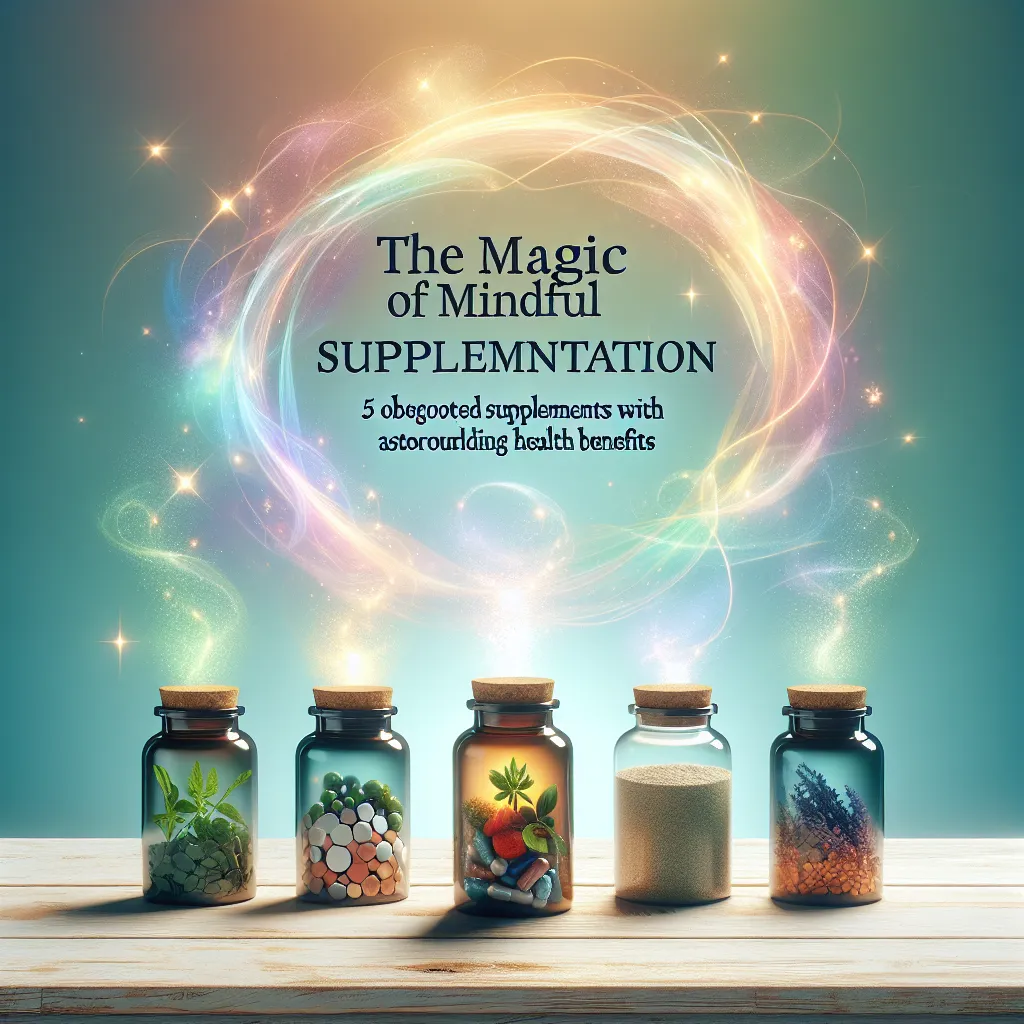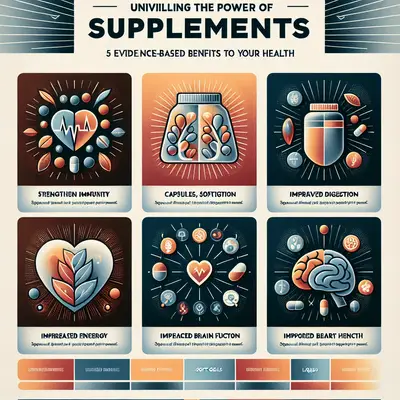Spirulina
This blue-green algae is a powerhouse of nutrients. Rich in protein, vitamins B1, B2, and B3, copper, and iron, Spirulina has been recognized for its potential to improve gut health and boost immunity. Research also suggests that it may have anti-cancer properties and could help manage diabetes by reducing blood sugar levels.
Milk Thistle
Milk Thistle, known for its distinctive purple flowers, is not just a pretty plant. Its active compound, silymarin, has potent anti-inflammatory and antioxidant properties. Studies suggest that it can promote liver health, potentially aiding in conditions like cirrhosis, jaundice, and gallbladder disorders.
Ashwagandha
Ashwagandha, a cornerstone of Ayurvedic medicine, is gaining recognition in the western world. This adaptogenic herb helps the body manage stress by balancing cortisol levels. Moreover, it may also improve brain function, lower blood sugar levels, and boost fertility in men.
Rhodiola Rosea
Another potent adaptogen, Rhodiola Rosea, has been used in traditional medicine in Russia and Scandinavia for centuries. Research indicates that it can enhance physical performance, reduce mental fatigue, and alleviate symptoms of depression.
Cordyceps
Cordyceps, a type of fungus, has a long history in Traditional Chinese Medicine. Recent studies show that Cordyceps can improve heart health and fight inflammation. Moreover, it may also boost exercise performance by increasing the body’s production of adenosine triphosphate (ATP), which is essential for delivering energy to the muscles.
Conclusion
While these supplements may not be as well-known as their counterparts, their health benefits are noteworthy. As always, before starting any new supplement regimen, it's crucial to consult with a healthcare professional to ensure it's suitable for your unique health needs. Remember, the key to optimal health lies not just in following trends, but in finding what works best for you.



